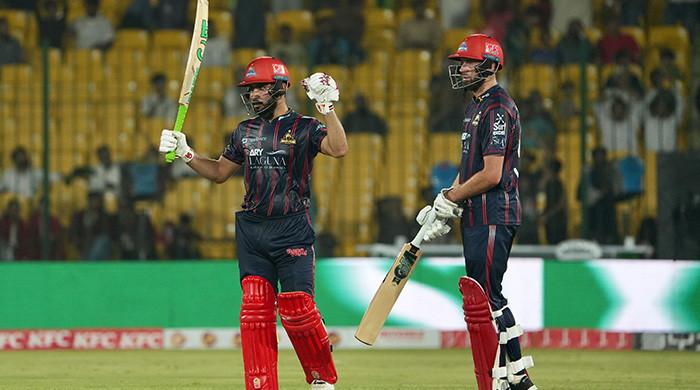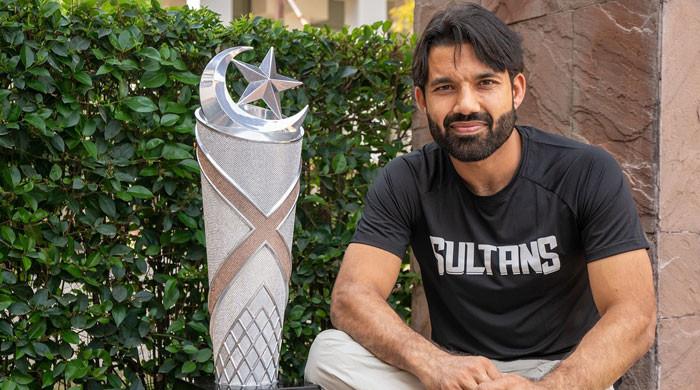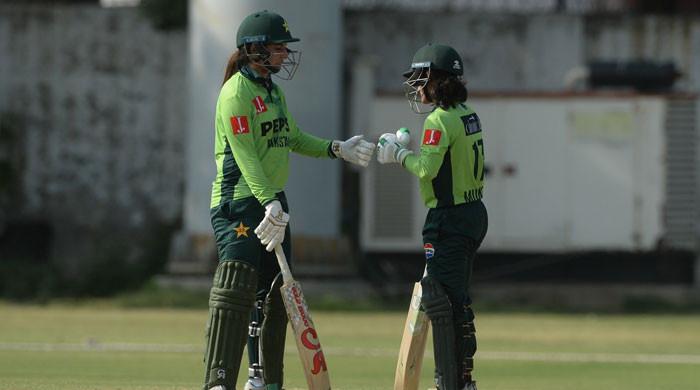Will the much-awaited elections bring sanity to the crisis-marred PCB?
Pakistan cricket desperately needs a proper setup, as the ongoing crisis has already led our cricket to humiliation
January 27, 2024
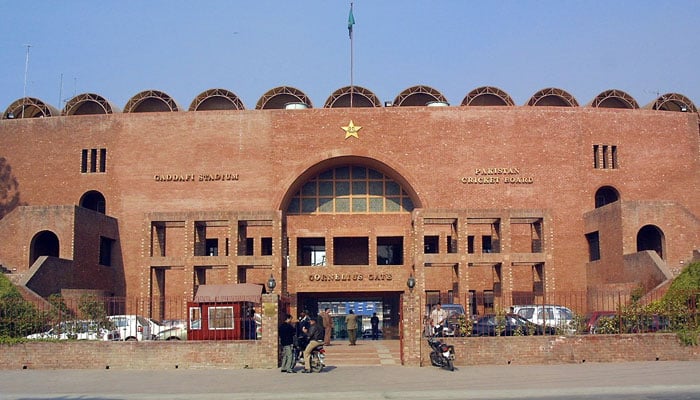
As the masses desperately await the general elections with the hope for economic stability with an elected government at the helm, so does our cricket.
The Pakistan Cricket Board (PCB) has been muddled with crisis, left, right, and centre, ever since the PDM-led government came into power in May 2022. The crisis is evident from the fact that PCB is witnessing a fifth change at the top in under 14 months as the board's Election Commissioner, Shah Khawar, was appointed as the Chairman on Wednesday with the primary duty of holding the elections and forming the Board of Governors.
Meanwhile, the change took place just days after the Caretaker Chief Minister Punjab Mohsin Naqvi, was nominated by the Caretaker Prime Minister Anwar-ul-Haq Kakar for the PCB's Board of Governors in replacement of Zaka Ashraf and is likely to be the Chairman after the elections – which could be held before February 8.
But on the other hand, given the uncertainty of the system, one cannot expect the issue to get resolved even if the polls are on time. It is because the premier is the patron-in-chief of the PCB and the chairman under his nomination holds the coveted post. As our sports institutions – including cricket – are highly politicised, and so a change in the political setup has a spillover effect on the overall affairs.
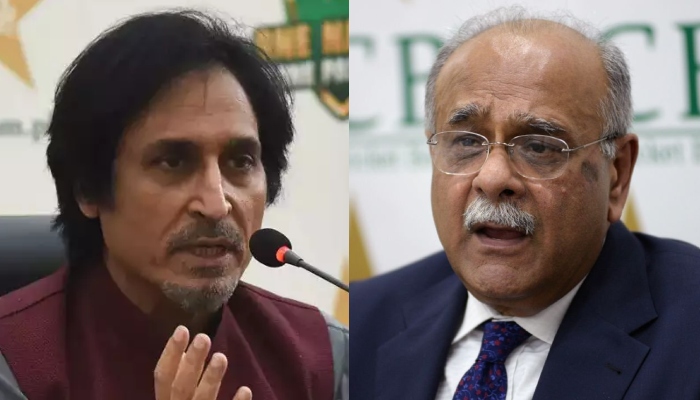
However, what has transpired in Pakistan cricket ever since the ouster of Ramiz Raja in December 2022, when Najam Sethi, with the backing of the PDM-led government, occupied the post, has resulted in a worsening crisis for our cricket.
To say the least, how our cricket has suffered due to the power struggle has led to a situation where elections look to be the solution to address the crisis that has left our cricket in shambles.
We will dig deep to know how the ongoing crisis in the PCB began and what positive impacts we can expect when an elected chairman takes over.
End to power struggle
The chaos began in December 2022 when Ramiz Raja was eventually sacked, with Najam Sethi being his interim replacement.
The 14-member management committee under Sethi was formed and had 120 days to revive the 2014 Constitution and elect a new chairman.
However, the crisis deepened when little to no hope of elections persisted, and Zaka Ashraf got next in line to occupy the coveted seat after the then-IPC Minister Ehsan-ur-Raman Mazari pushed his case.
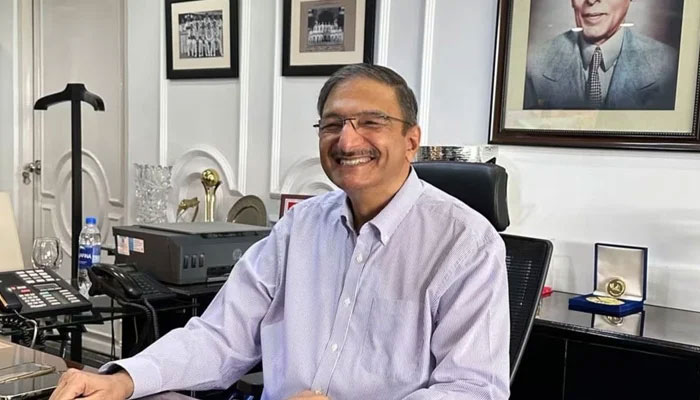
Zaka and Sethi had a history of power tussle in 2013 and 2014, with Sethi having the backing of PML-N and Zaka having the backing of PPP.
But on that occasion, as the PPP and PML-N were the coalition partners, Sethi was swiftly replaced by Zaka until the elections.
Zaka, who joined in July, had a tumultuous tenure with failures in the Asia Cup, World Cup, and series defeats in Australia and New Zealand. Subsequently, he had to resign two weeks before the expiry of the contract.
With such destruction at the administrative level for over a year, Pakistan cricket has suffered severely, and the on-field performances are hands-on proof.
Hence, when an elected chairman takes charge after the electoral process, we can expect the end of the power struggle among the individuals and hope that sanity prevails in Pakistan cricket.
Proper direction
Too many cooks spoil the broth. The proverb aptly fits as three individuals – Raja, Sethi, and Zaka – came on the back of three different political parties with different mindsets and exchanged the highly-coveted position.
Whereas, the decision-making we have seen in the PCB has been wayward as Zaka and Sethi come with different sets of minds, and that too for very brief stints.
Sporting affairs require people who run it with an independent frame of mind, which isn't possible in Pakistan due to political involvement. But despite that, the elections are the last resort to resolve the crisis.
After the PCB elections, and with the nod of approval from the newly-elected prime minister, a sound individual with a long-term approach to complete the three-year term should be appointed.
Pakistan cricket desperately needs a proper setup, as the ongoing crisis has already led our cricket to humiliation. When an elected chairman will be in place, things will be much better.
Overall impact
The overall administrative flaws have indeed disrupted the team combination, as the sudden appointment of Mohammad Hafeez as the team director without any coaching experience is a clear example.
It is pertinent to mention that Mickey Arthur, who had good terms with Sethi, accepted the offer of the head coach on several formalities that backfired completely.
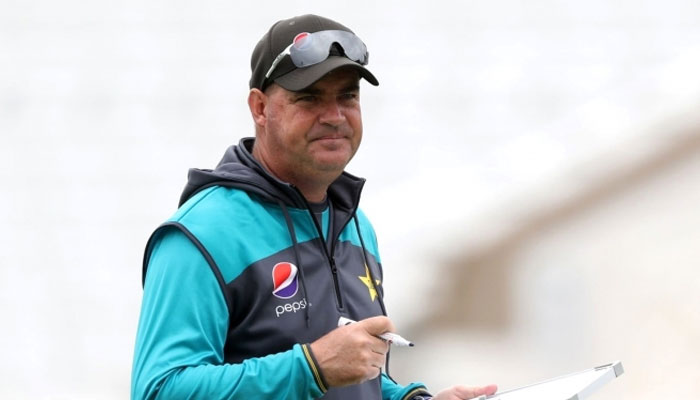
Amid the instability within the PCB, Arthur first refused to leave the position at Derbyshire CCC and asked to create the role of Team Director working through online means.
In my opinion, Arthur sensed the disadvantage of the overall turmoil, so he kept his Derbyshire job on the safe side, knowing the change of guard would result in his exit, which eventually happened.
So, a proper administration may be able to hire an experienced and successful coaching staff. Team combination might get gelled up, and a sense of direction can co-exist in the system.






